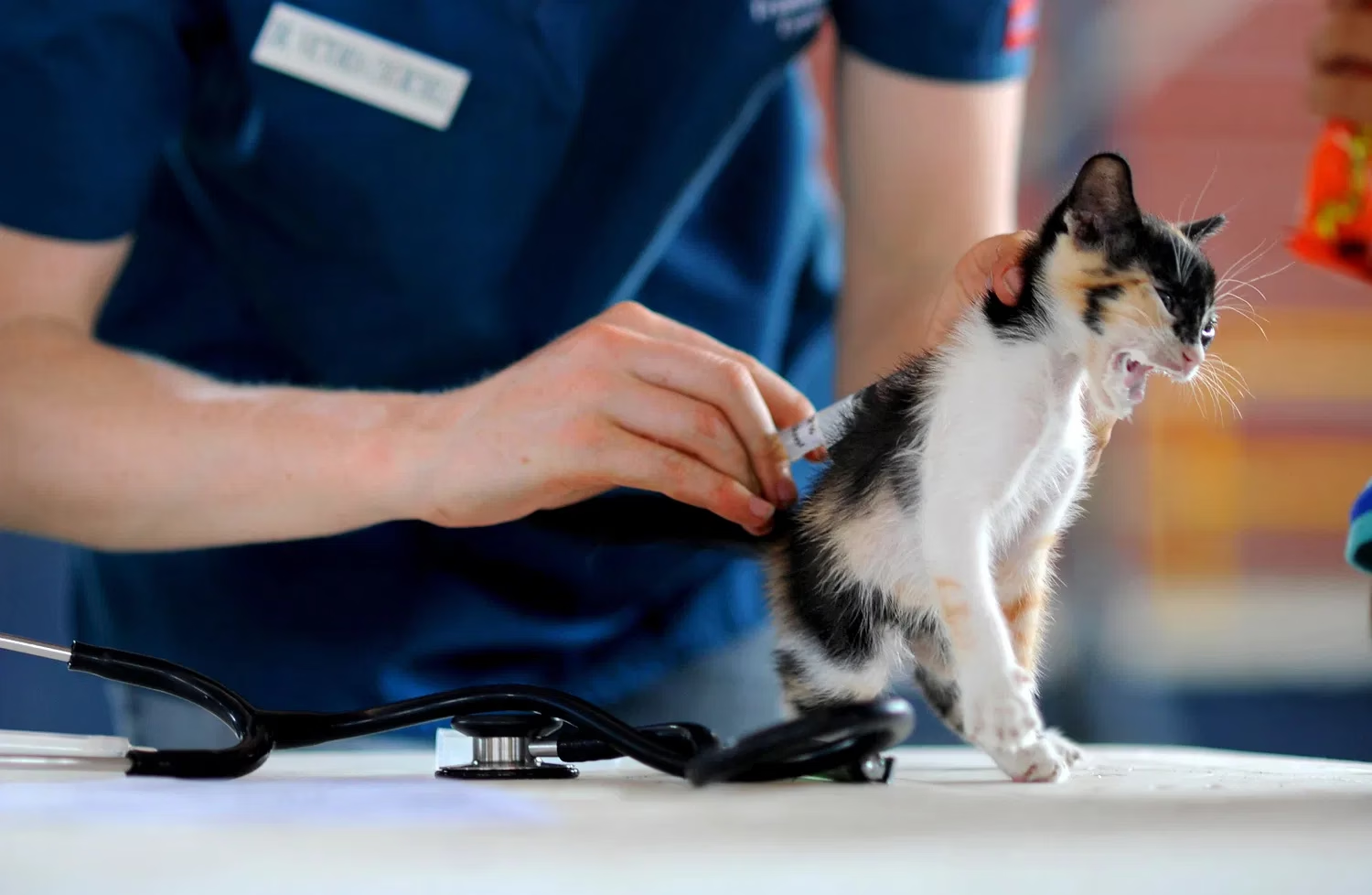Introduction
Vaccinations are a crucial part of keeping your cat healthy and protected against serious diseases. Whether you have a kitten or an adult cat, ensuring they receive the right vaccinations at the right time can prevent life-threatening illnesses. In this guide, we’ll cover core and non-core vaccines, vaccination schedules, and why they are essential for your cat’s well-being.
1. Why Are Cat Vaccinations Important?
✔️ Protect against deadly diseases such as rabies and feline distemper.
✔️ Prevent the spread of infections among other pets.
✔️ Required for travel and boarding in many cases.
✔️ Boosts your cat’s immune system for long-term health.
🛒 Best Immune-Boosting Supplements for Cats: Amazon.com
2. Core Vaccines for Cats (Essential Vaccines)
Core vaccines are recommended for all cats, regardless of their lifestyle.
FVRCP Vaccine (3-in-1 Protection)
Protects against:
- Feline Viral Rhinotracheitis (feline herpesvirus)
- Calicivirus (respiratory infection)
- Panleukopenia (feline distemper)
Rabies Vaccine
✔️ Protects against rabies, which is fatal and can spread to humans.
✔️ Required by law in many regions.
3. Non-Core Vaccines (Based on Lifestyle & Risk Factors)
These vaccines are recommended based on your cat’s environment and exposure risks.
Feline Leukemia Virus (FeLV) Vaccine
✔️ Recommended for outdoor cats or multi-cat households.
✔️ Protects against FeLV, which weakens the immune system.
Bordetella Vaccine
✔️ Ideal for cats that stay in shelters or boarding facilities.
✔️ Prevents respiratory infections similar to kennel cough.
4. Cat Vaccination Schedule (Kitten & Adult Cats)
Kittens (6-16 Weeks Old)
- 6-8 weeks: First FVRCP vaccine
- 10-12 weeks: Second FVRCP vaccine + FeLV (if needed)
- 14-16 weeks: Final FVRCP vaccine + Rabies
Adult Cats
- Annual or tri-annual booster shots depending on the vaccine type.
- FeLV and Bordetella as needed.
5. What to Expect After Vaccination
After vaccination, your cat may experience mild side effects such as:
✅ Slight swelling at the injection site.
✅ Mild fever or lethargy for a day or two.
✅ Decreased appetite (temporarily).
If severe reactions occur (vomiting, difficulty breathing, or facial swelling), contact your vet immediately.
Conclusion
Vaccinating your cat is one of the most important steps to ensure their long-term health and protection against serious diseases. Following the recommended schedule and consulting with your vet will help keep your feline friend safe.
📌 Is your cat up-to-date on vaccinations? Share your experiences and questions in the comments!

